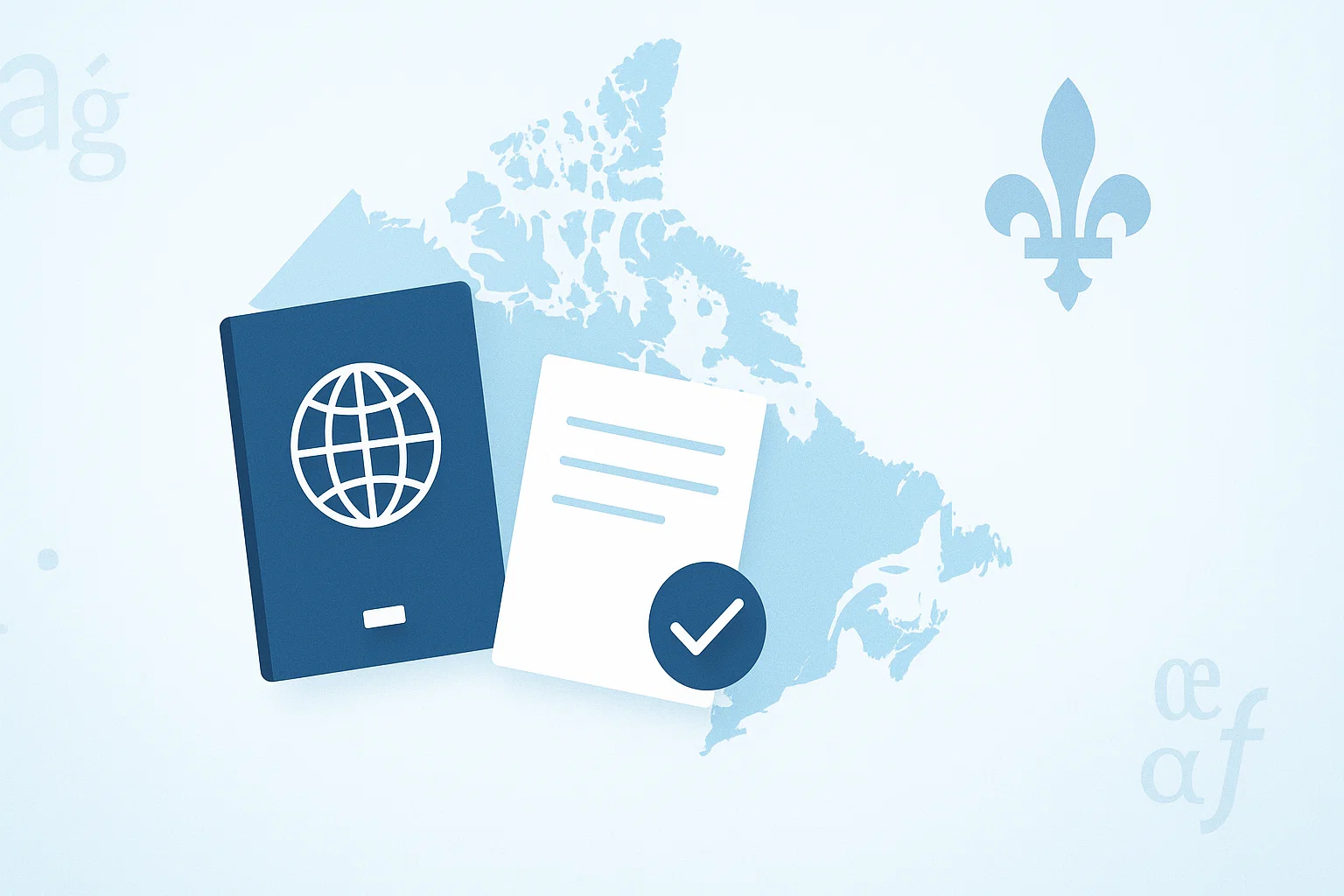Updates to the Post-Graduation Work Permit (PGWP) Policy
1. Students in Partnership Programs No Longer Eligible for PGWP
Effective May 15, 2024, international students enrolled in partnership programs between private and public colleges are no longer eligible to apply for a PGWP. Initially planned for implementation in September, IRCC advanced the timeline, leaving some students unprepared.
2. Three-Year Work Permits for Master’s Graduates
From February 15, 2024, master’s degree graduates, regardless of the program duration (two years or shorter), will be eligible for a three-year PGWP. This change provides greater support for master’s graduates seeking Canadian work experience to transition to permanent residency.
3. New Language Requirements
Starting November 1, university graduates applying for PGWP must meet Canadian Language Benchmark (CLB) Level 7, while college graduates must meet CLB Level 5. These higher standards pose additional challenges for students from non-English-speaking countries.
4. Field-Specific Restrictions
From November 2024, PGWP applications for graduates of college and vocational university programs must align with Canada’s long-term skills shortage fields, including agriculture, healthcare, STEM, trades, and transportation. However, these restrictions do not apply to undergraduate or graduate students.
Termination of Student Direct Stream and Nigeria Student Express
On November 8, 2024, IRCC announced the immediate termination of the Student Direct Stream (SDS) and the Nigeria Student Express (NSE) programs. These programs aimed to expedite visa applications for students from specific countries. With their closure, application processing times will now follow standard procedures, which are expected to take significantly longer.
Cap on Study Permits
On January 22, 2024, IRCC announced a cap on the number of international study permit applications. Under the new policy, approximately 360,000 new study permits are expected to be approved in 2024, representing a 35% decrease from 2023. In April 2024, Immigration Minister Marc Miller clarified that the total target for study permits in 2024 is 485,000.
On September 18, IRCC further announced that the number of international study permits for 2025 would be reduced again by 10% from the 2024 target of 485,000, lowering it to 437,000.
Additionally, the 2025-2027 Immigration Levels Plan, released in October, outlined Canada’s goals for temporary residents over the next three years, including international students. For 2025, the plan targets 305,900 new international students. This number only includes first-time entrants and excludes renewal or extension applications for students already in Canada.
Stricter Rules for Study Permit Applications
1. Introduction of Provincial Attestation Letters (PALs)
To enforce the cap on study permit applications, IRCC introduced Provincial Attestation Letters (PALs) on January 22, 2024. From this date, all study permit applications submitted to IRCC must include this document.
In March, IRCC clarified details and announced certain exemptions. The following categories must provide PALs:
- Most post-secondary education applicants;
- Most non-degree postgraduate programs (e.g., certificate or diploma programs);
- All international students not on the exemption list.
Exemptions from the PAL requirement include:
- Primary and secondary school students;
- Master’s and doctoral program students (*but as of September 18, new rules require these students to provide PALs as well);
- Visiting or exchange students studying at Designated Learning Institutions (DLIs) in Canada;
- Current study or work permit holders, including those renewing their permits;
- Family members of study or work permit holders;
- Students who have already received study permit approval and plan to study in Canada;
- Students who submitted their applications before January 22, 2024, at 8:30 AM Eastern Time.
On September 18, IRCC further expanded the scope of the PAL requirement to include master’s and doctoral students.
2. New Study Permit Required for School Transfers
Effective November 15, international students must apply for a new study permit to transfer schools instead of merely updating their account information. This change aims to enhance the regulation of student transfers but increases administrative complexity.
Adjustments to Off-Campus Work Hours
Temporary measures introduced during the pandemic ended on November 15, 2024, reducing international students’ off-campus work hours from unlimited to 24 hours per week. While slightly more than the pre-pandemic limit of 20 hours, this change impacts students working full-time.
Tightening of Spousal Open Work Permit (SOWP) Policies
On January 22, 2024, IRCC restricted Spousal Open Work Permits (SOWP) for international students. Under the new policy, only spouses of master’s and doctoral students are eligible to apply for an open work permit. Previously, spouses of international students in college or undergraduate programs were also eligible.
The policy took effect on March 19, with exceptions for certain undergraduate programs. Spouses of international students in non-university programs remain eligible to apply for SOWP if the primary applicant is in one of the following fields:
- Doctor of Dental Surgery;
- Bachelor or Doctor of Laws (LLB);
- Doctor of Pharmacy;
- Doctor of Medicine (MD);
- Doctor of Optometry (OD);
- Bachelor or Doctor of Pharmacy (PharmD, BS, BSc, BPharm);
- Doctor of Veterinary Medicine (DVM);
- Bachelor of Nursing (BScN, BSN, BNSc);
- Bachelor of Education (B.Ed.);
- Bachelor of Engineering (B.Eng., BE, BASc).
In September 2024, IRCC further tightened SOWP eligibility, requiring that only spouses of international students enrolled in master’s programs lasting at least 16 months can apply. While this additional restriction has not yet been implemented, it signals Canada’s growing policy constraints for international students and their families.
Conclusion
Canada’s significant adjustments to international student and PGWP policies in 2024 reflect the federal government’s shift from short-term attraction of students to long-term workforce management strategies. For prospective international students, understanding the new regulations and planning ahead are now more critical than ever. These policy changes also have far-reaching implications for educational institutions and local economies, warranting further observation and analysis.









